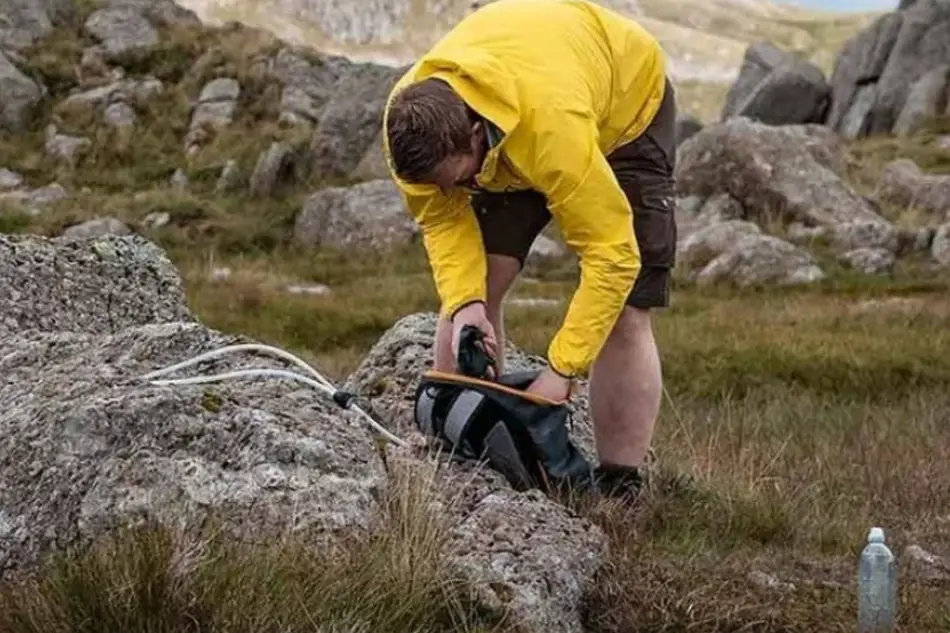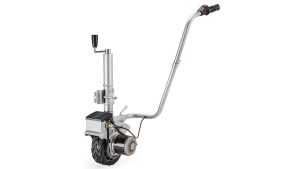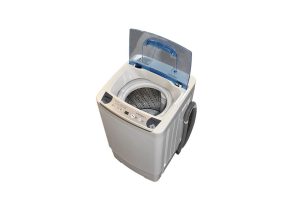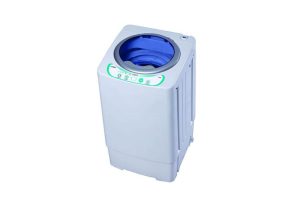When it comes to ensuring safe and clean drinking water while on the road, caravan owners have two options: water filters and water purifiers. While both devices serve the same basic purpose of removing impurities from water, there are significant differences between the two. In this article, we will explore the differences between caravan water filters and purifiers to help you choose the best option for your needs.
What is a Caravan Water Filter?
A caravan water filter is a device that removes impurities from water using a physical barrier, chemical process, or a combination of the two. The filter media can be made of various materials, such as activated carbon, ceramic, or reverse osmosis membranes, depending on the type of impurities that need to be removed. Caravan water filters are designed to remove contaminants such as sediment, chlorine, bacteria, and heavy metals from water, leaving it safe and clean for drinking and cooking.
How Does a Caravan Water Filter Work?
The process of filtering water using a caravan water filter varies depending on the type of filter used. Generally, water is forced through the filter media, which traps impurities and allows clean water to pass through. Activated carbon filters, for example, work by adsorbing impurities onto their surface, while ceramic filters use microscopic pores to filter out contaminants. Reverse osmosis filters, on the other hand, use a membrane to remove impurities from water.
What is a Water Purifier?
A water purifier is a device that removes impurities from water using a combination of physical and chemical processes, typically including filtration, activated carbon, and ultraviolet light. Water purifiers are designed to remove a wide range of contaminants from water, including bacteria, viruses, protozoa, and heavy metals. Unlike water filters, water purifiers are capable of removing microorganisms from water, which can pose a significant health risk when ingested.
How Does a Water Purifier Work?
The process of purifying water using a water purifier typically involves multiple stages. The first stage is typically a physical barrier, such as a ceramic filter or sediment filter, which removes larger particles and sediment from the water. The second stage usually involves activated carbon, which adsorbs chemicals and organic compounds from the water. Finally, the water is exposed to ultraviolet light, which kills bacteria and other microorganisms present in the water.
Differences Between Caravan Water Filters and Purifiers
While both caravan water filters and purifiers serve the purpose of removing impurities from water, there are significant differences between the two. The main differences are as follows:
- Removal of Microorganisms: Water purifiers are designed to remove microorganisms, such as bacteria and viruses, from water, while water filters are not.
- Filtration Mechanism: Water purifiers typically use multiple filtration mechanisms, including physical barriers, activated carbon, and ultraviolet light, while water filters typically use a single filtration mechanism, such as activated carbon or ceramic.
- Maintenance: Water purifiers typically require more maintenance than water filters, as the multiple filtration mechanisms require regular cleaning and replacement.
Choosing Between a Caravan Water Filter and a Purifier
When it comes to choosing between a caravan water filter and purifier, there are several factors to consider. If your main concern is removing sediment, chlorine, heavy metals, and other impurities from your water, a water filter may be sufficient for your needs. However, if you plan on traveling to areas with poor water quality or where microorganisms may be present in the water, a water purifier may be a better option to ensure safe and clean drinking water.
In Conclusion
In conclusion, while both caravan water filters and purifiers serve the purpose of removing impurities from water, there are significant differences between the two. Caravan water filters are designed to remove impurities from water using physical barriers or chemical processes, while water purifiers use a combination of physical and chemical processes to remove impurities and microorganisms from water. When choosing between the two, it’s essential to consider your travel destination, the type of impurities you want to remove, and your maintenance preferences. Ultimately, the best choice depends on your specific needs and preferences.







